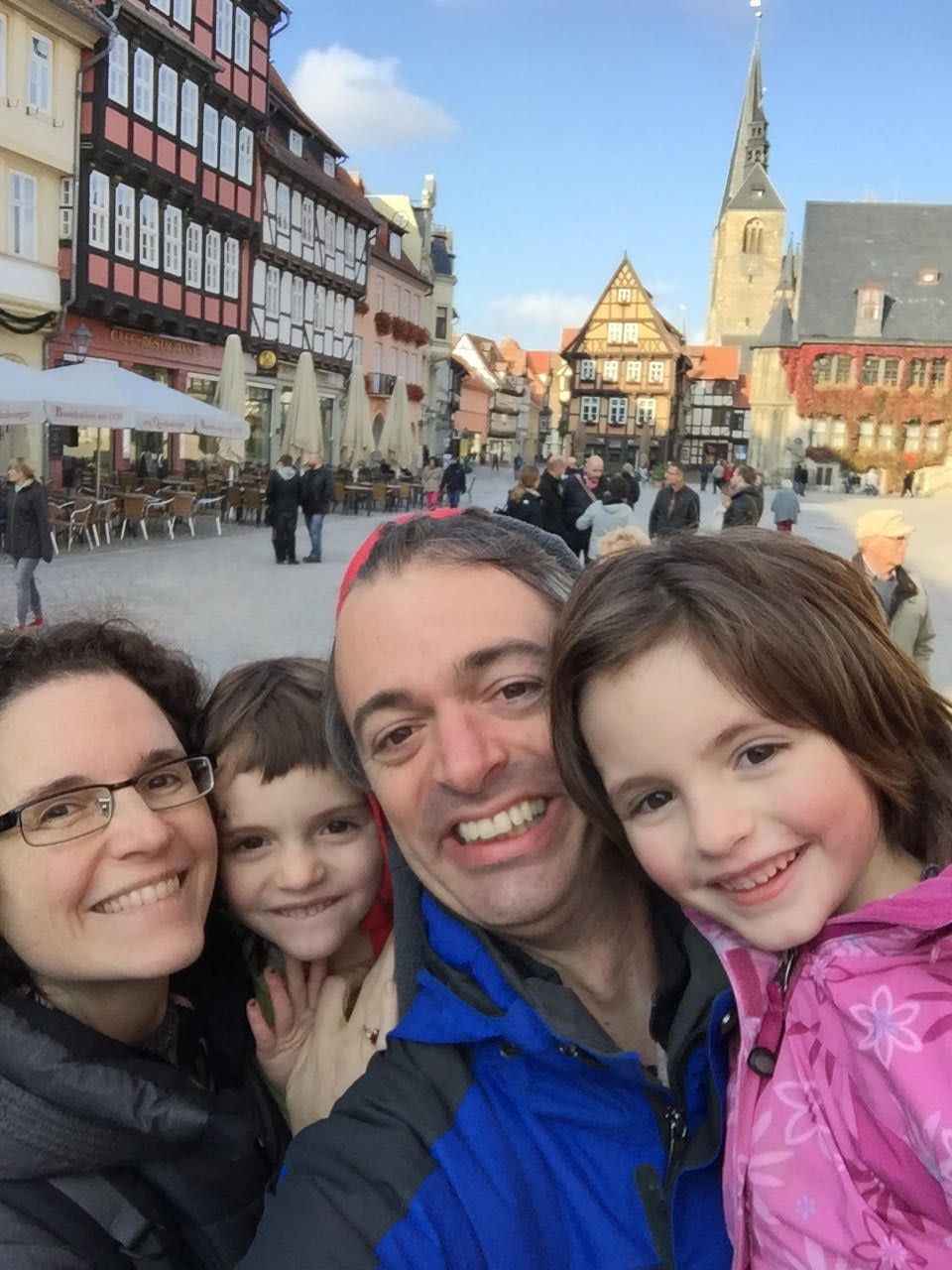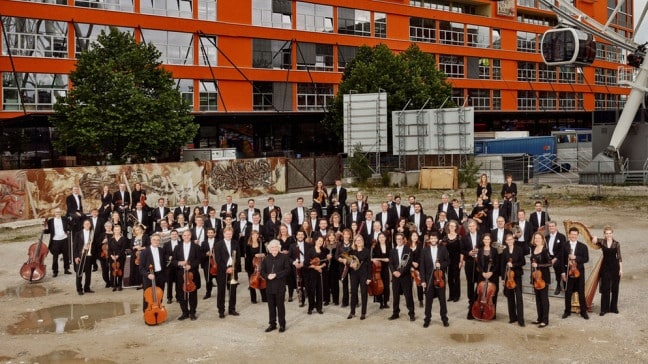What every travelling musician needs: a parenting course
mainOur diarist Anthea Kreston has found one in Berlin.
I have been taking a parenting class at my daughter’s school these past months (I make it to about half of them). It has been fantastic – but in unexpected ways. I have the best role model already at home – a partner who always acts from compassion, who naturally can get into another person’s skin and see things from their perspective. So most of the tools in class are already an integral part of our home life – but it has dramatically altered my thoughts on rehearsals, performance, and the relationship between performer and audience.
I once had a boyfriend who described playing the violin as “a series of small catastrophes”. Somehow so apt, and also – isn’t that what parenting is? Of course it is – but, just like playing the violin, one of our goals is to not let anyone notice if we are struggling, or show any reaction to a mistake we have just made. Keep a straight face – don’t let on!
The other day, we workshopped the contrast between an emergency child situation (such as a meltdown) and our personal aspirations of what our child would be like if they walked in the door in 20 years. What do you wish for? A confident, caring, intelligent adult who is adventurous and open? Whatever your wish, the point is to take a step back from the immediate situation and then react in a way which will foster the long-term goals you have for your child.
I was recently teaching again at Chapel in Brussels, and was having difficulty breaking through the series of catastrophes with an excellent quartet working on the last Beethoven quartet (op. 135). I decided to stop, have everyone put down their instruments, and together we made a list of what we wished for ourselves as musicians in a concert. Then we made a list of our expectations as audience members. We looked and noticed what was the same, what was different, and how to reconcile the two. Here are the two lists.
Expectations of ourselves in concert:
Connection between colleagues as well as with the audience, freedom (balance between control and abandonment), finding flow, challenge and success, self- and other- forgiveness, true honesty, knowledge of composer and historical context, humility, confidence
Expectations as a concertgoer:
Beauty, emotions, discovering, impressed, challenged, pleasure, ability to escape reality
I was sitting with an audience member at a post-concert meal last week, and found out this person was not a musician. I was curious – what did he get out of the concert – what were his expectations? He said, simply, pleasure and surprise.
There are many similarities between these two lists of expectations – but it is easy to forget these goals – to forget that there is a big obligation on the part of the performer towards the audience. They have made a big commitment to attend a concert, and we must escape our “series of catastrophes” and aim higher, aim deeper.
Then, we talked about what the slow movement of that quartet meant to us. The amazing thing about that last Beethoven quartet is, despite the thorny and quite unpleasant life that Beethoven lived – his terrible relations with his family, constant fighting with patrons and everyone in general, his struggle with deafness, never finding love (also his legendary hygiene issues – reminds me of myself at age 18 – I once woke up in my clothes from the day before and found that I had slept on a piece of pizza all night). This last quartet is so lovely, so light, so forgiving and generous.
We talked about the end of life, what we want for each other, how we want to die. In some ways this Beethoven quartet is a testament to compassionate end of life. Total acceptance and freedom – optimism and sweetness. The slow movement is so tender – yet so different from the heaviness of the Cavatina. We tried to describe it. I eventually described it as an unexpected gift – a person who you loved so dearly – and for some reason, after they passed away – you are allowed one more day to spend with them, just together, just one last day.
The quartet gathered their instruments, and sat in a tight circle, facing each other. They then began to play the most incredible thing I have heard – and I found myself crying (as I am, actually, as I write this now). After we were done, we were quiet for some time, and I thanked them.
As we were packing up for the day, I realized something – it was like that was Beethoven’s way of always being with us. A chance to know him, to be alone with him one more time. I am so glad that he was able to leave this world with forgiveness, acceptance, and love. He is, like all of the great composers, an integral part of my every day life, a member of my family.






Great
Thankyou Anthea – as always I enjoy your regular musings, and getting in behind the eventual performance that I as a concertgoer see and hear … knowing how musicians work with so much more than the notes on the page.
Absolutely loved the comments about Beethoven!!!
Enjoy your blogging Anthea.
I would be interested in your thoughts – given that you and your partner are both musicians – on children’s muscal education and instrument learning.
Also, given how busy you are, how you are learning German.
cheers